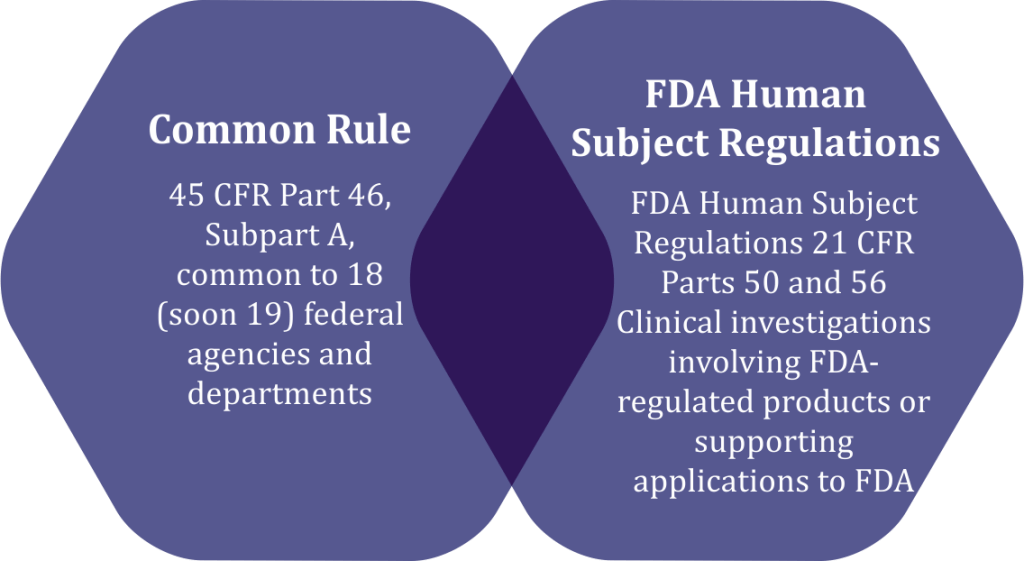Get to know grants.gov workspace.
The US Federal Government provides financial support through grants for research benefiting public interest via grants.gov. This platform offers a ‘Learning Center’ to guide applicants on categories, policies, and eligibility. Once registered, applicants receive a workspace to manage their grant applications efficiently. Key Solutions’ eGrants module further simplifies grant management, offering a user-friendly tool to streamline the application process and enhance the chances of securing funding.
Get to know grants.gov workspace. Read More »
eRA, Grants Management








